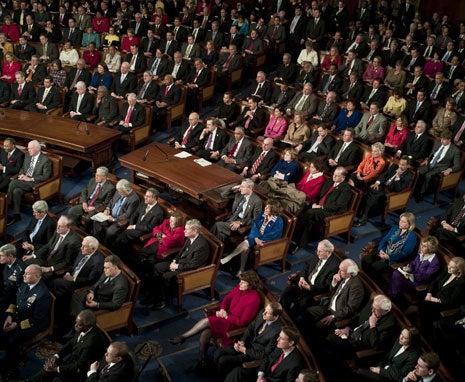The uncertainty caused by Taxmageddon—the one-year $494 billion tax increase that looms on January 1, 2013—is strong enough to slow the economy months before it actually strikes. In fact, it is already doing so.
Highly knowledgeable and highly influential market observers have been warning Congress of this for weeks. Their goal is to get Congress to do its summer job and stop Taxmageddon.
The first warning came from Mohammed El-Erian, CEO of Pimco, the world’s largest bond fund. Writing in The Washington Post, he bluntly told Congress that the longer they wait to stop Taxmageddon, the more likely it is that markets will start to slow.
Then Jamie Dimon, CEO of JP Morgan Chase, echoed El-Erian almost verbatim during his recent testimony to the Senate Banking Committee. He said Congress should not wait until year’s end, because markets will react well before December 31 if they see Congress failing to stop Taxmageddon.
Congress didn’t heed El-Erian’s or Dimon’s warnings, and now it looks like it waited too long.
Eminent economist Irwin Kellner writes that the recent spate of bad economic data—everything from low consumer sales to weak consumer sentiment—is a tell-tale sign that the economy is slowing. And he pins the blame on the uncertainty caused by Taxmageddon.
The uncertainty is slowing the economy because businesses, investors, and entrepreneurs can’t plan for the near future. They can’t because they don’t know what their taxes are going to be in just a few months. If they don’t know what their taxes will be, there is no way for them to determine if their potential job-creating investments would be profitable. Without being able to make that vital calculation, there is no way they can move forward on projects that would speed growth and create much needed jobs. So they’re sitting back, waiting for Congress to provide some certainty.
Congress needs to provide that certainty and stop Taxmageddon as soon as possible. Or risk that its own inaction will cause a return to recession.





























